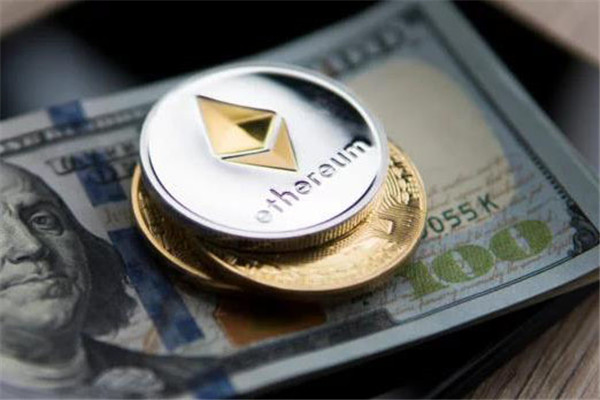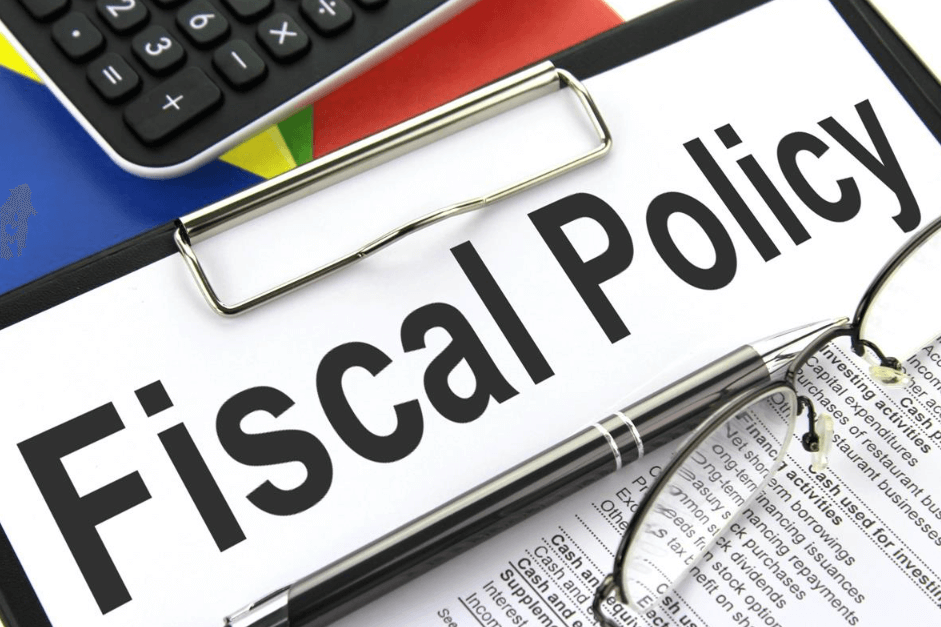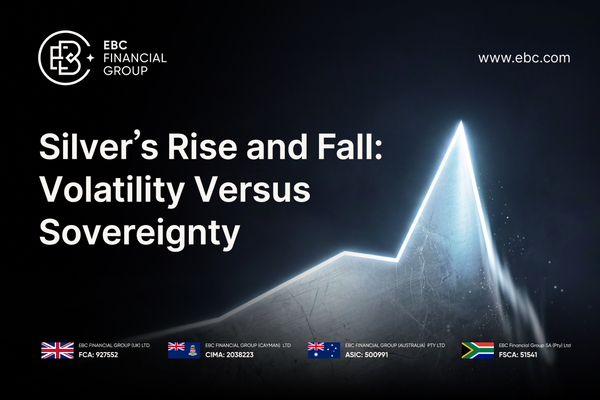Forex arbitrage refers to the use of forex spreads in
different forex markets to buy a certain currency in one forex market and sell that currency in another forex market to
earn profits. The act of privately exchanging RMB or materials for forex or forex earnings from others is considered arbitrage.

Arbitrage is the use of hedging prices in different markets by buying or
selling credit instruments and simultaneously buying positions of the same
amount but in opposite directions in the corresponding market in order to profit
from subtle price differences.
Forex arbitrage is a high-risk investment behavior that requires
investors to have rich market knowledge and experience. Arbitrage requires
investors to have a deep understanding of the economic, political, and monetary
policies of different countries or regions in order to accurately predict the
trend of exchange rate changes. In addition, arbitrage also requires investors
to have excellent trading skills and risk control capabilities so that they can
adjust their investment strategies in a timely manner and avoid losses when the
market fluctuates.
Forex arbitrage trading is a financial operation that utilizes
exchange rate differences for trading. It refers to a trading method of
conducting currency transactions between different countries or regions,
utilizing the differences in exchange rate fluctuations to obtain profits.
Forex arbitrage transactions are usually conducted by professionals
such as financial institutions, investors, and traders.
The basic principle of forex arbitrage trading is to utilize the
exchange rate differences between different countries or regions by buying low
exchange rate currencies and selling high exchange rate currencies and obtaining
profit from the price difference. For example, if the exchange rate between the
US dollar and the Japanese yen is 100 yen per dollar and the exchange rate
between the US dollar and the euro is 0.8 euros per dollar, an investor can buy
100 dollars, then exchange it for 10000 yen, then exchange 10000 yen for 125
euros, and finally exchange 125 euros for 100 dollars, obtaining a profit of 25
dollars from it.
Generally speaking, to carry out arbitrage, the following three conditions
must be met:
1. There are different forex markets and exchange rate
differentials.
2. Arbitrageurs must have a certain amount of funds and have branches in
major forex markets;
3. Arbitrageurs must possess certain skills and experience, be able to judge
exchange rate fluctuations and trends in various forex markets, and
take swift action based on predictions.
Due to the varying degrees of forex markets involved in arbitrage,
it can be divided into two-corner arbitrage, triangle arbitrage, and
multi-corner arbitrage.
According to regulations, payment for imported goods or other similar
expenses that should be paid in forex is made in RMB or in kind.
Payment of domestic expenses for others in RMB and payment of forex
by the other party; Without the approval of foreign exchange management
agencies, foreign investors invest in China using RMB or domestically purchased
funds. Fraudulent purchases of forex from designated foreign exchange
banks using false or invalid vouchers, contracts, documents, etc. are all
considered arbitrage activities.


























